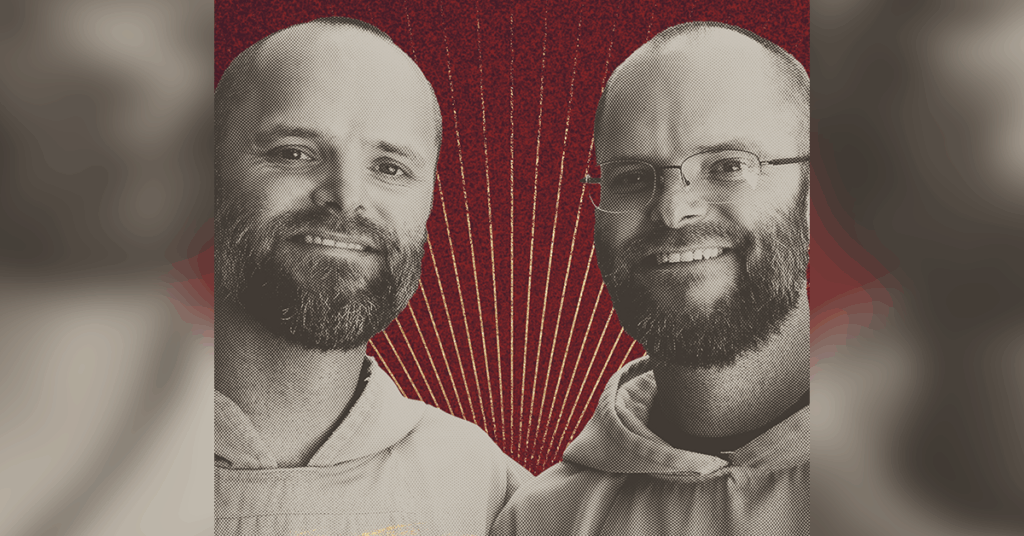Up to this point, we’ve traced some scriptural approaches to being good stewards of time.
We’ve also examined three practices that can aid us in our wise use of the gift of time.
In the final three reflections, we will return to bigger ideas and inspirations that will reframe how we think about time.
To do this, we’ll look at time as a test that reveals not only our good or bad stewardship, but also our growth in character, culture, and joy.
Today, we will look at character. We might not often reflect on how our character, made up of virtues and vices, is embedded in time.
But, of course, it has to be rooted there, since human life happens necessarily in and through time.
Take prudence, for example.
Prudence is discerning and doing the right thing, in the right way, at the right time. What does “at the right time” mean?
It means doing something at the appropriate time and not at another time.
Cheering for your favorite football team can be a great thing to do— showing loyalty, supporting talented guys, building friendship with other fans— but not while going to church or doing personal prayer.
Beyond this, discerning the good thing to do takes time.
Sometimes it takes a while, sometimes it takes just a moment.
It’s possible for it to take too long, because of our indecisiveness, or for it to be too brief, because of our rashness.
So, prudence is related to time and often embedded in it.
Taking stock of how we spend our time reveals something about our growth in prudence: am I taking too long to decide unimportant things?
Do I move too quickly to determine significant course changes in life?
Generally, more time should be spent doing, not deciding, but the weightier a decision is, the more we should employ prayer, counsel, conversation— and all this takes time.
Temperance has mostly to do with regulating our sensible desires.
That doesn’t mean stunting or repressing them, but directing them to follow what reason knows to be good.
If something is good, it can be virtuous to desire it greatly, even ardently.
But frequently, our desires lead us astray, and here, time offers a helpful test: how am I spending my time?
Time doesn’t lie.
If we find ourselves spending hours distracted by the appeal of comfort— whether food, drink, entertainment, news, or social media—then our temperance is underdeveloped.
Keeping close track of our time and how we spend it, at least for a while, can be helpful.
Time tracking— whether manually, on our devices, or both— will reveal where our unregulated desires lead us.
Or it can reveal how ordered our hours are, if regulated by reason.
This scenario gives rise to the profound enjoyment of time well spent and the fruits that follow from it.
We could walk through justice and fortitude, the remaining two cardinal virtues, in the same way, but our basic conclusion would remain: the test of time reveals in a concrete and visible way how well-formed, or how un-formed, our character is.
During the time you set aside for prayer today, quiet your mind in the Lord’s presence and ask him to manifest to you the character you’ve developed or failed to develop, as revealed by how you currently spend your time.
Then pray that he will prompt conversion of heart and strength for renewal.




